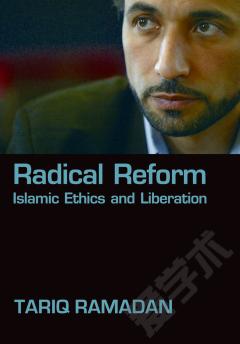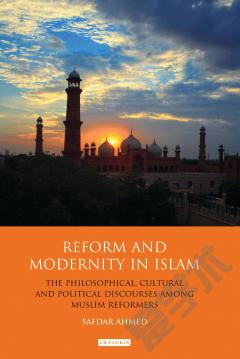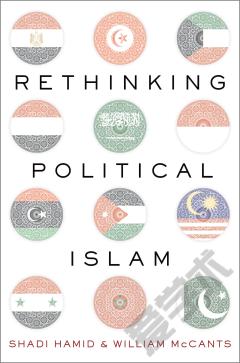Islamic Reform and Conservatism
The famed reform debates at al-Azhar Madrasa in nineteenth-century Cairo - one of the most influential centres of religious study in Sunni Islam - were enormously influential for twentieth-century Islamic thought. In this book Indira Gesink argues that narratives of these debates overemphasize the roles of famous modernists like Muhammad 'Abduh, obscuring important themes. By restoring conservative voices to the debate, she shows that conservative 'ulama engaged many of the same issues as reformers and led committees that generated and implemented reforms; ultimately, conservative leaders at al-Azhar provided crucial legitimacy for the reforms to become rooted in public life. Drawing on obscure, but important, archival sources to illustrate the important contributions of conservative scholars to the evaluation of twentieth-century Sunni Islam, "Islamic Reform and Conservatism" is indispensable for all those interested in the modern Middle East, religious history, secularism, modernism and religious reform.
{{comment.content}}








 京公网安备 11010802027623号
京公网安备 11010802027623号